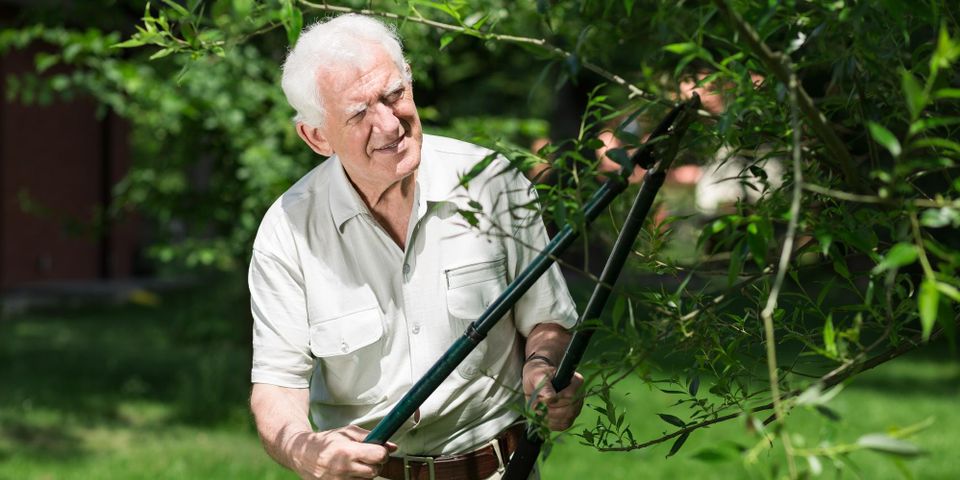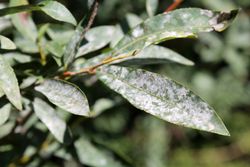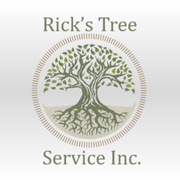
Trees are a fundamental part of most garden and landscaping projects, providing shade, stabilizing the soil, and beautifying the surroundings. However, they need to be well-maintained through routine tree services to ensure that they remain an asset to your property. Without proper care, your trees can fall prey to the following types of fungal diseases, which can eventually hamper their growth and overall health.
3 Common Types of Tree Fungal Diseases
1. Oak Bracket
Characterized by its cream and brown upper surface, oak bracket is a parasite to both dead and living trees. While this fungus can grow on broad-leaf trees like birch and alder, it is usually spotted on the base oak, which is a tree that is common in states like Georgia. If left unchecked, the fungi can eat away and enter the trunk of a healthy tree, causing it to bend or fall.
2. Powdery Mildew
 In states with humid weather conditions, powdery mildew is prevalent, covering foliage with white dust. Like black spots, the wind can carry its spores, infecting other leaves. This fungus can slow down a tree’s growth and distort its leaves and buds or, if left untreated, kill the plant. While waiting for treatment from tree services, cut away all infected parts, and destroy them.
In states with humid weather conditions, powdery mildew is prevalent, covering foliage with white dust. Like black spots, the wind can carry its spores, infecting other leaves. This fungus can slow down a tree’s growth and distort its leaves and buds or, if left untreated, kill the plant. While waiting for treatment from tree services, cut away all infected parts, and destroy them.
3. Black Spot
As the name suggests, black spot fungi appear as dime-sized and dark-colored circles on tree leaves that can wreak havoc on a tree’s health. The fungi mostly grow during hot and humid seasons, turning tree leaves yellow until they shrivel up and fall off. To manage this disease, a reliable tree service will need to prune affected branches and quickly dispose of them to prevent spores from spreading and affecting nearby plants.
Get rid of these fungal diseases with the help of the team at Rick’s Tree Service Inc. Serving Hinesville, GA, and the surrounding counties, this tree service provides tree trimming and stump removal to help you maintain your home and business landscape. They also offer storm damage clean-ups and emergency tree services to reduce the hazards that come with dying or uprooted trees. Check out their website to view their services, or call them at (912) 877-4882 for inquiries.
About the Business
(3 reviews)
Have a question? Ask the experts!
Send your question

